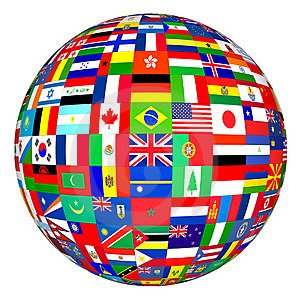A business website is more than just a mode of offering information about your business, and it’s more than just marketing a product or service. Your website also communicates authority, or legitimacy, if you will. The internet is full of websites representing fly-by-night companies. Making sure that your site doesn’t seem like one of those is essential to ensuring that it truly fulfills its purpose and potential to help your business grow.
These days, not only are businesses increasingly going international, but customers are too. Today’s customers no longer require that their service provider or the manufacturer of a product be right down the road, or even in their own country. This offers a plethora of new opportunities for businesses. But reaching those audiences often means communicating with them in their own language, on their own terms.
As a result, website translation is no longer the sole territory of large, multi-national conglomerates. It’s relevant to any business that wishes to grow by capturing that global potential. Yet many companies go about translating their website in a way that is ultimately counter-productive.
That is, they run their content through a translation tool like Google Translator, and call it done. Or, what more and more companies are starting to discover, they go to a freelance site like oDesk or Elance and offer bargain basement rates for anyone who claims to know a language, to translate their site. To be sure, freelance marketplaces are full of qualified workers, including translators. But using them as a cheaper, easier alternative to going with a professional agency has definite drawbacks.
First, localization is an important aspect of translation that software tools often miss, as well as less-than-professional translators. Marketing history is full of incidents in which one mistranslated word of an ad campaign left an entire country either laughing or horrified at what was inadvertently communicated. This hurts credibility and causes people to miss the real message you’re trying to send about your business. But there’s also the issue of really connecting with the audience that you’re trying to reach. Translation is more than linguistic adaptation, it also communicates to your audience that they are valued customers. So sending the right message, with the right understanding of the target language’s terminology, etc. is essential.
Finally, translating your website and reaching out to a larger, global audience means setting your company up for the long term. When economic conditions or other factors temper your domestic market’s interest, you’ll have another area to focus resources and build your brand. Naturally, getting the right message across in other countries is equally important as here at home.








